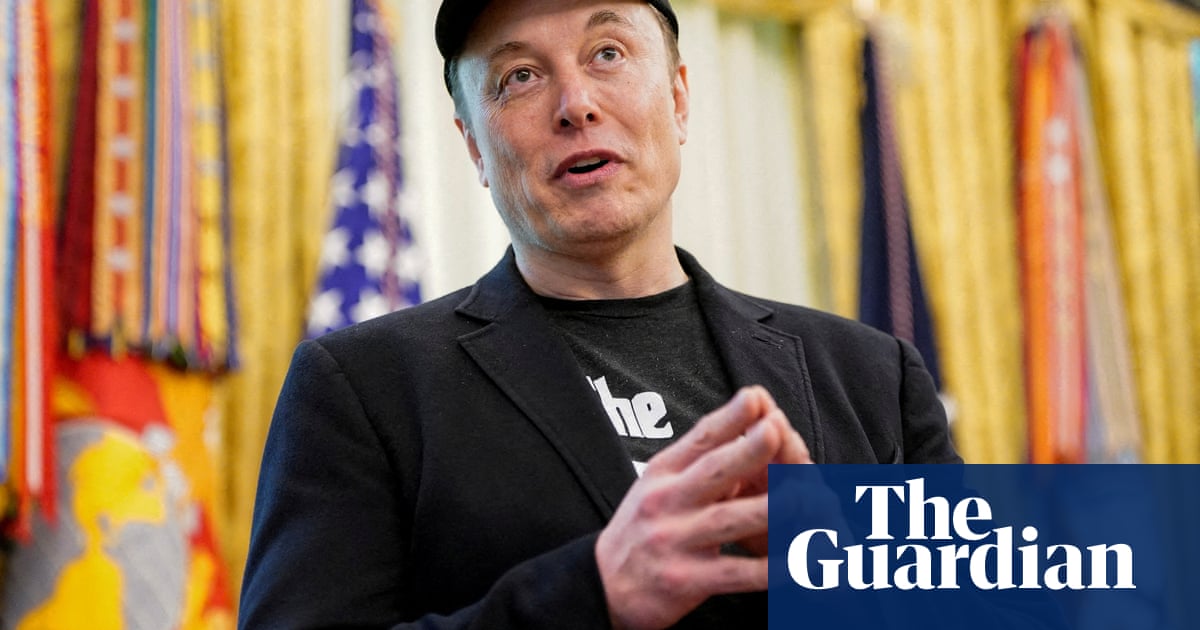Elon Musk vs. Trump’s Budget Bill: A Political Showdown
Elon Musk, the tech billionaire behind Tesla and SpaceX, has recently reignited tensions with former President Donald Trump over a contentious budget bill poised to significantly increase the U.S. deficit by an estimated $3.3 trillion. Musk’s fierce criticism of the bill has positioned him as a vocal opponent to lawmakers who, he argues, have betrayed their own promises to cut spending.
The Budget Bill and Musk’s Outrage
Musk expressed his discontent through a series of fiery posts on his social media platform, X. In his initial statement, he declared that every congressional member who campaigned on reducing government expenditures but subsequently supported the budget bill should “hang their heads in shame.” This sentiment underscores Musk’s frustration with what he perceives as hypocrisy within Congress—a theme that has become all too familiar in American politics.
The proposed budget bill, which has faced substantial scrutiny, is seen as a polarizing piece of legislation. By adding nearly $3.3 trillion to the deficit over the next decade, as estimated by the Congressional Budget Office, it raises significant concerns not only among fiscal conservatives but also among progressive critics who view it as a betrayal of integrity.
A Call to Political Arms
A few hours after his initial outburst, Musk escalated his rhetoric, proclaiming that if the “insane spending bill” passes, he would forge a new political entity, dubbed the "America Party." This declaration signals Musk’s intent to channel his considerable influence into shaping the political landscape, a striking move for someone who has historically maintained a more reserved stance on direct political activism.
This threat is particularly noteworthy in light of Musk’s past association with Trump. His earlier support for the former president included contributing $277 million to Trump’s campaign—a move that positioned him at the heart of the Trump administration’s policy agenda. Having served as an unofficial advisor on issues ranging from technology to economic policies, Musk’s sudden shift appears jarring and suggests a significant ideological rift between him and the former president.
The Discontent with Spending
Musk’s recent remarks highlight a growing frustration with the nature of governmental fiscal management in the United States. He has pointedly criticized the budget’s emphasis on increased spending, especially in an era where fiscal responsibility is purported to be a priority. Elon Musk’s scathing language, referring to Congress as the "PORKY PIG PARTY," reinforces his belief that both major political parties have failed to genuinely advocate for the American people.
The former ally of Trump also drew attention to the bill’s cuts to subsidies for electric vehicles—a sector Musk has heavily invested in and champions as the future of sustainable transportation. He lamented that the legislation prioritizes “handouts to industries of the past” over crucial investments in innovative technologies that align with forward-thinking environmental initiatives.
The Historical Context of Their Partnership
Musk’s journey with Trump’s administration was marked by a shared goal of aggressive budget cuts aimed at various government programs. The so-called "Department of Government Efficiency," or Doge, which Musk led, aimed at streamlining expenditures and claimed to have saved taxpayers $190 billion. However, assessments from independent analyses, such as that from the Partnership for Public Service, suggested that Musk’s efforts might have also cost taxpayers around $135 billion, painting a complex picture of his fiscal strategy.
Previously aligned in cutting social safety nets and reducing global aid programs, Musk’s recent backlash against Trump’s budget bill indicates a significant realignment of his priorities. The discord between Musk and Trump marks a pivotal moment where once-similar objectives are now perceived as divergent.
Legislative Battles Ahead
The political landscape in the U.S. remains charged as these developments unfold. With the House version of the bill proposing a $2.4 trillion increase to the deficit, advocates of fiscal responsibility, including Musk, are fervently opposing both versions. His narrative of an impending political transformation through the establishment of an America Party aims to galvanize like-minded individuals disillusioned by existing partisan dynamics.
Amid this political tumult, Musk’s vocal leadership may influence other lawmakers and voters alike, igniting a broader dialogue about the fiscal stewardship within Washington. His commitment to transforming American politics underscores a shift that could have lasting implications on future elections and legislative agendas.
By spotlighting the dissonance between political promises and fiscal reality, Musk is positioning himself not just as a business mogul, but as a significant player in the political arena. As debates over the budget escalate, all eyes will be on how his influence unfolds in the weeks and months to come.


